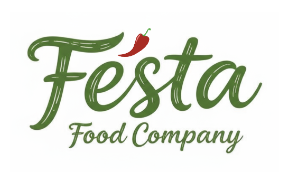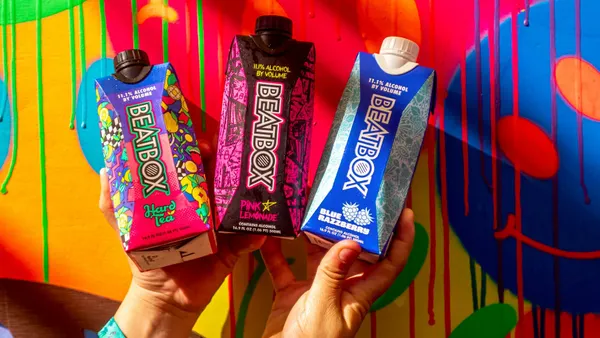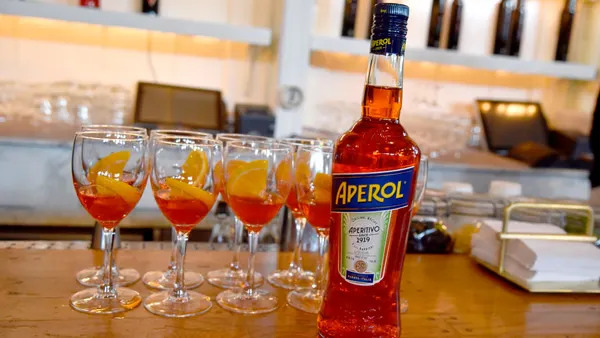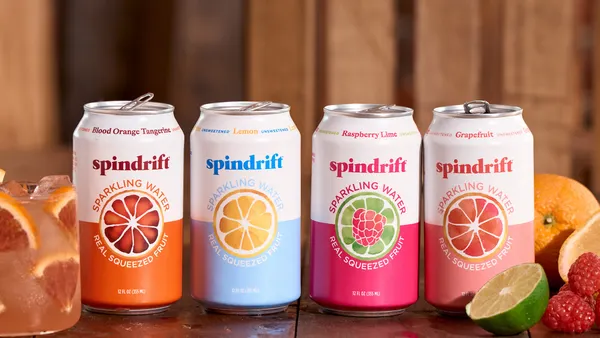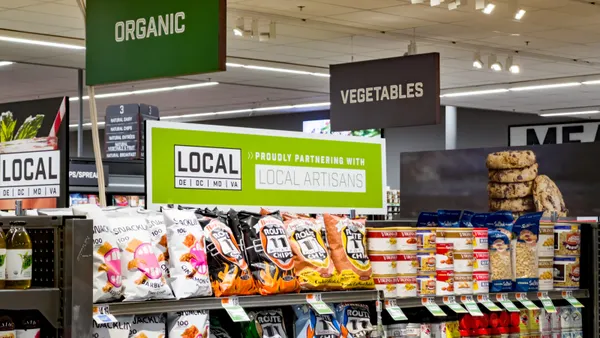Dive Brief:
- Stacy's Rise Project, which has supported female food and beverage entrepreneurs for three years, is now accepting applications for its next round. This time, Stacy's Snacks, the company behind Stacy's Pita Chips, is partnering with online platform for women and minority entrepreneurs Alice, and will award money through the first-ever pitch contest.
- Now through June 21, Stacy's invites female-founded food and beverage businesses with annual revenues of more than $25,000 to apply. Top Chef executive producer Padma Lakshmi will sit on a panel of judges in July to select five finalists to each receive a $20,000 prize, business advice and development support. One founder will win a $100,000 grand prize.
-
"Women have always embodied the same capabilities, courage and grit as their male counterparts to create and operate successful businesses," Ciara Dilley, Stacy's Snacks vice president of marketing, told Food Dive in an email. "However, recent studies have shown that they continue to lack equal access, growth opportunities and financial investment. ...As a brand founded by a strong female entrepreneur, Stacy Madison, we know this is not good enough."
Dive Insight:
When Stacy Madison started her pita chip brand, she faced challenges getting funded. The problem hasn't gone away. The funding gap she faced when working to grow her business "remains as staggering today as it was 20 years ago," the release said.
Now that the brand has been established and is owned by PepsiCo, this project aims to change the culture of the industry.
"In today’s world, there is a major funding gap that hinders female founders from growing their business at the same pace as their male counterparts," Dilley said.
Stacy's Rise Project is aiming to increase the small number of investments that go to female business owners in the food industry. Just 2.2% of venture capital funding went to female-founded businesses in 2017, according to data from Pitchbook. And the lack of female leadership at CPG companies has been a issue for years. This contest wants to give female founders a financial boost and mentorship that could help them to continue to secure coveted VC funding in the future.
In addition to funding, winners receive mentoring with Stacy's founder and office hours with industry experts and executives from PepsiCo. Working with a big brand like Pepsi could help these upstarts find the best ways to appeal to those types of companies for an acquisition. More large companies have been launching incubator programs and pitch contests to find out the new trends in the industry and help startups grow, so this program gives Pepsi another chance to keep an eye out for possible partnerships.
Although $200,000 in funding likely won't be able to make a major impact on the entire industry, Stacy's isn't the only one investing in more diverse startups. More big food companies are taking notice of the lack of funding going to women. Last year, Constellation Brands announced it would invest $100 million in female-founded alcoholic beverage companies by 2028 to boost support for women in a predominantly male industry. And Chobani's latest incubator class, announced this year, targets diverse companies. Three-quarters of the startups working with the yogurt company have an underrepresented minority founder and 63% have a female founder.
The space could be a lucrative one to invest in. One of the fastest growing entrepreneurship segments are female-led businesses, according to a report from the U.S. Small Business Administration. A 2018 American Express report found the number of women-led businesses in the U.S. have increased by 58% since 2007, and revenue from these companies jumped 46% in that time period.
All who apply for the program will also get access to PepsiCo's WomanMade Community, a virtual space on Alice for female founders to share resources and ideas. This forum is one of several today that allows for female entrepreneurs to connect, like the Women Owned label program. These growing resources for more diverse leadership in the food industry could help move the needle on representation and funding for the future.







